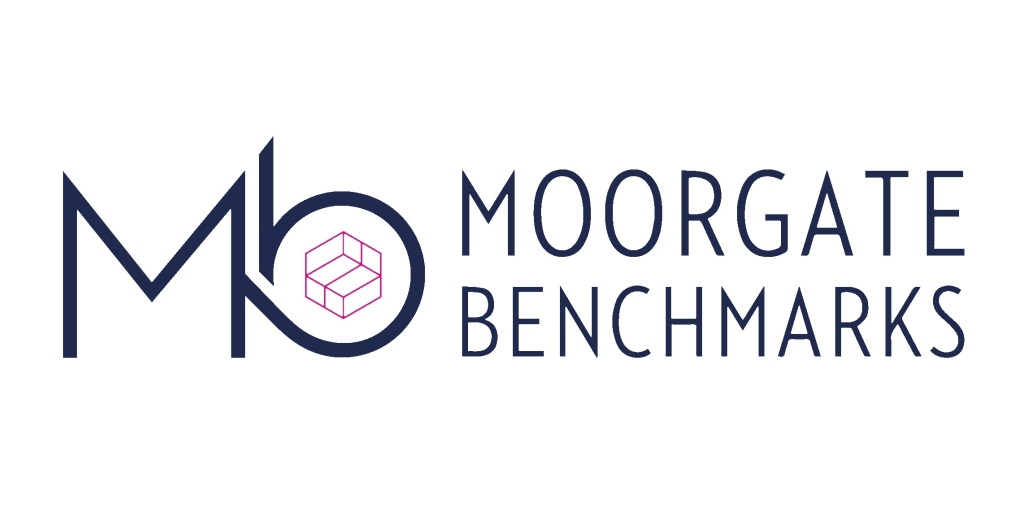Industry commentators have said Bloomberg’s decision to start offering equity indices is a “natural step” in the business’s development, however, cautioned the index provider may be late to the party if they want to disrupt the asset class.
Last week, the fourth largest index provider announced it had launched a US large cap suite along with a range of indices with an environmental, social and governance (ESG) tilt.
The decision to enter the equity market, Bloomberg’s global head of indices Steve Berkley said, was in response to investor demand to offer a more comprehensive range.
Bloomberg’s significant push in the index business came in 2016 when the firm bought Barclay’s Risk Analytics and Index Solutions arm, which had a number of major fixed income strategies under its brand.
The firm has been a major player since the acquisition, however, it has always been behind MSCI, FTSE Russell and S&P Dow Jones Indices in terms of offering due to a lack of equity indices.
This has all changed, however, the index provider may be late to the party especially in the “truly saturated” equity ETF market, according to Kenneth Lamont, passive research analyst at Morningstar.
He added competition in the core vanilla space has driven fees towards zero meaning revenues for index providers would be shrinking.
“Within this context, it may feel like Bloomberg has arrived a little late to the party by launching an equity index range,” Lamont said.
Whether Bloomberg can make a major splash in the equity space is something that has divided commentators.
Lamont said the launch makes more sense if the index provider uses it as a launch into the higher margin areas of the equity indexing market, most notably the ESG space.
Bloomberg’s rival MSCI currently dominates the ESG market controlling 81% of passive assets in Europe but Lamont argued ETF providers will welcome the competition.
“Many providers resent the lack of a serious alternative in the [ESG] space,” he continued. “The sustainable indexing market is expected to grow dramatically in the coming years, which presents a tantalising opportunity for Bloomberg to leverage its strong brand to gain market share.”
However, Nicolas Rabener, managing director of FactorResearch, cautioned against the view Bloomberg would disrupt the equity space.
“Given that there are more than 3.7 million indices, it is a crowded market and providing ESG indices is not a unique value proposition,” Rabener said.
Meanwhile, Gareth Parker, chief indexing officer at Moorgate Benchmarks, said while there is undoubtedly a need for disruption to drive greater choice for investors, it remained to be seen whether it would be Bloomberg.
“We welcome any new entrant,” he continued. “The question is whether this is true disruption or more of the same?”






